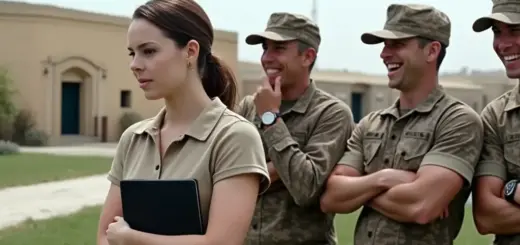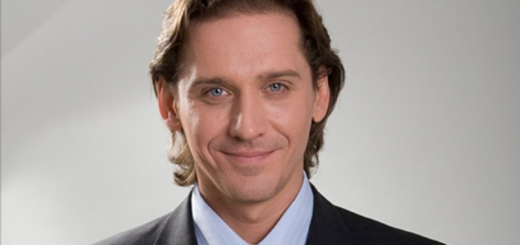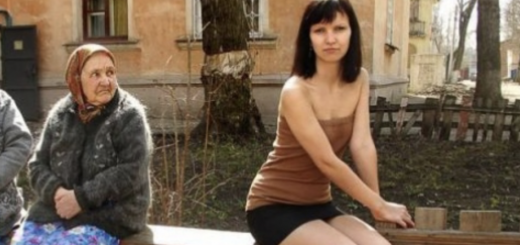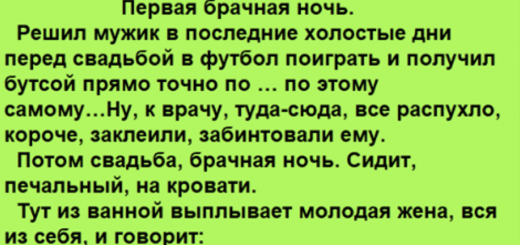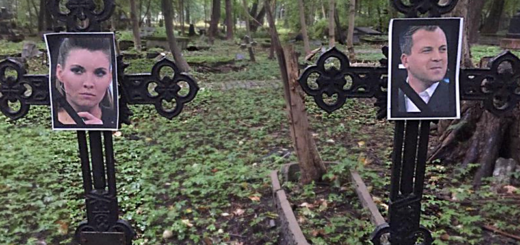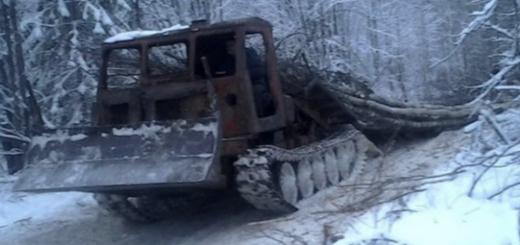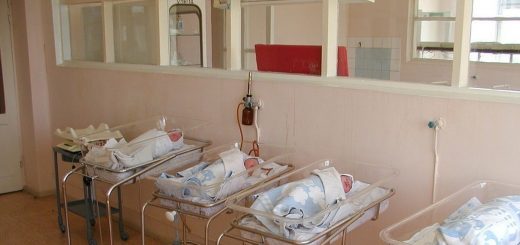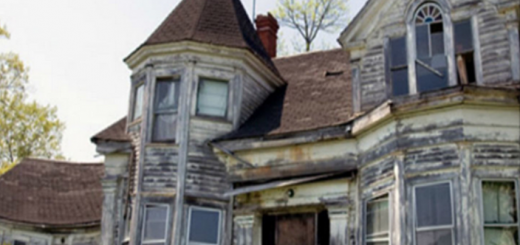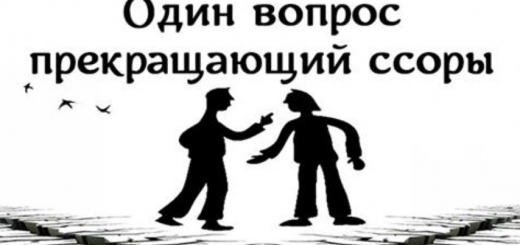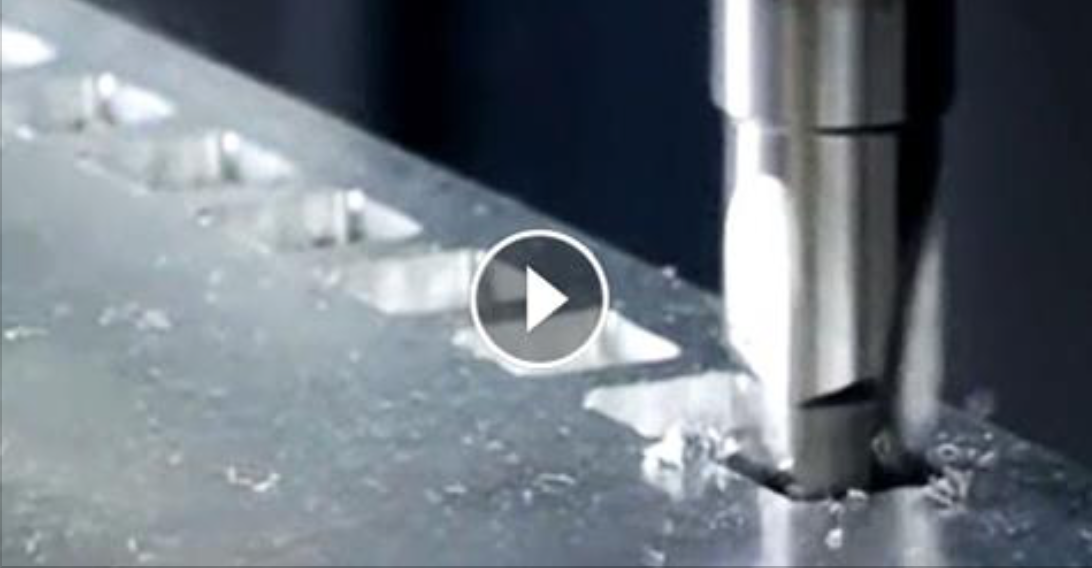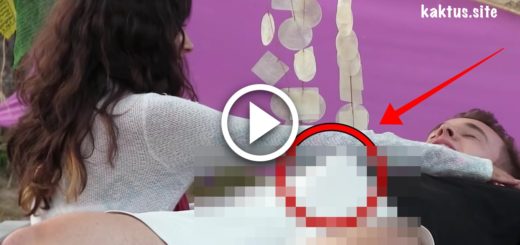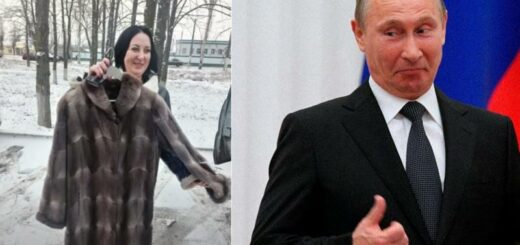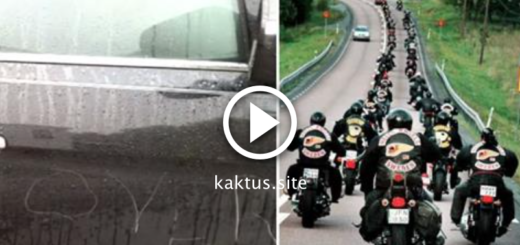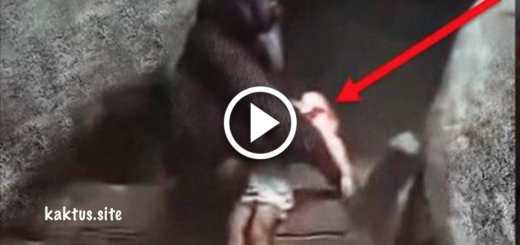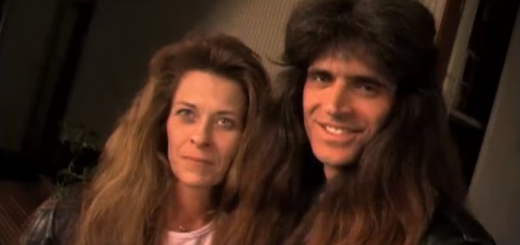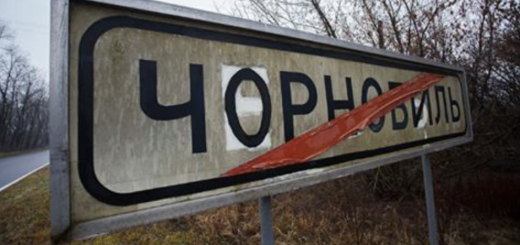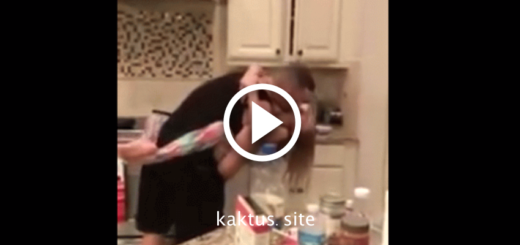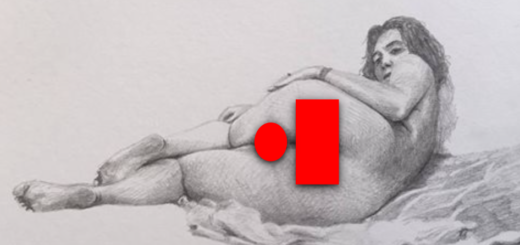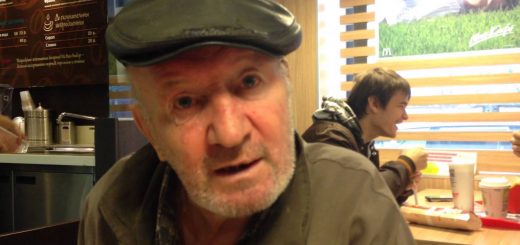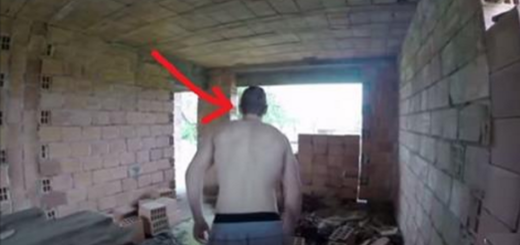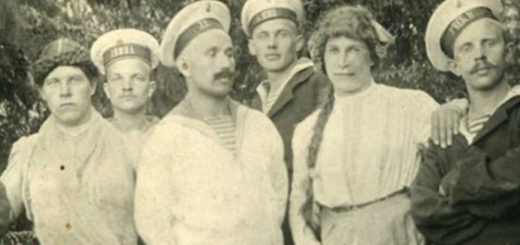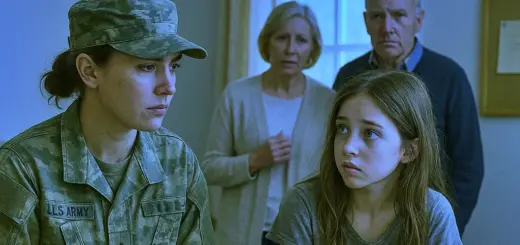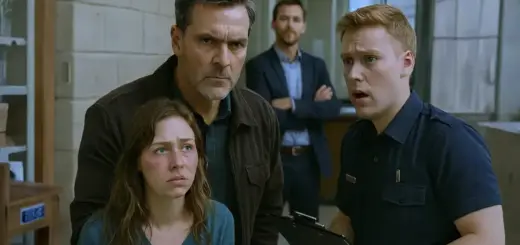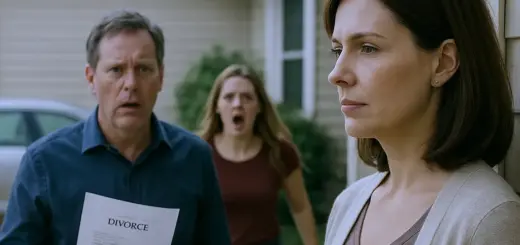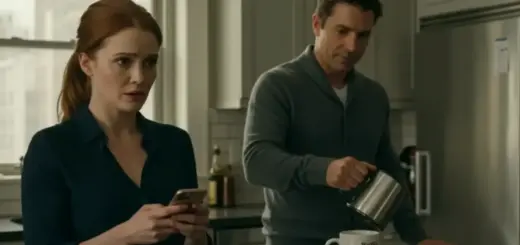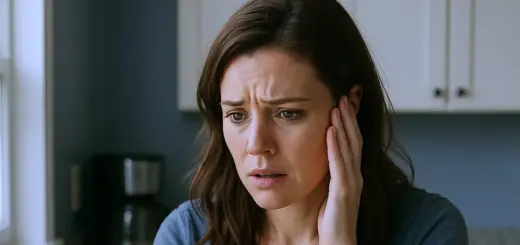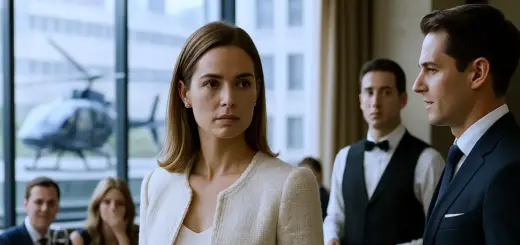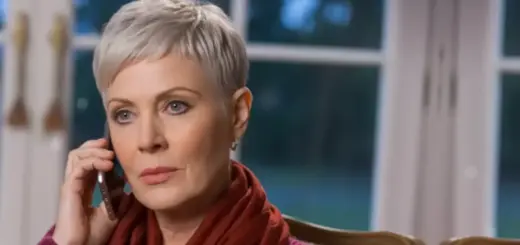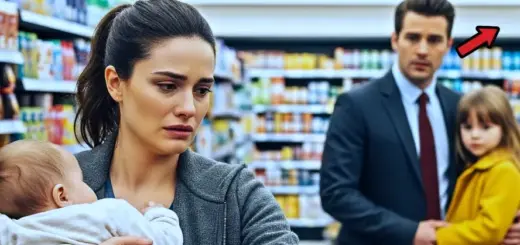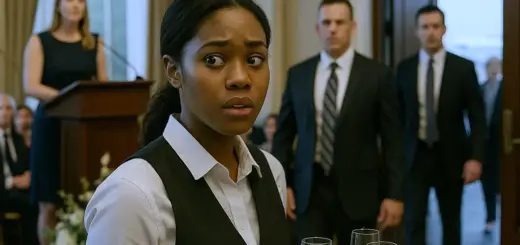The familiar anger rose in my chest. «And you let them?»
«Yes,» he admitted quietly. «For years, I did. I was 18, heading to college. It was easier to accept their version than confront what really happened. I’m not proud of that.»
His honesty disarmed me slightly. «Why are you reaching out now, after all this time? Just because dad is sick?»
«Partly,» Ethan acknowledged. «But also because my daughter, Emma, is 12 now. The age you were when… when it happened. Watching her grow up has made everything so much clearer. The thought of anyone doing to her what they did to you…» He shook his head, unable to finish.
We talked for nearly two hours. Ethan filled in the 20-year gap, telling me about his life as an accountant, his wife Nancy, their two children. He answered my questions about our parents with painful honesty, neither defending their actions nor exaggerating their faults.
«Have they ever expressed genuine remorse?» I asked finally. «Not regret that I left, but actual understanding of what they did wrong?»
«In moments,» Ethan replied. «Dad has said things when drinking… that he went too far, that he wishes things had been different. Mom still struggles more with taking responsibility. But they’ve both asked about you over the years. They keep a photo of you—your high school photo from before—on their mantle.»
The image disturbed me, my younger self preserved in their home like a memorial, while the person I’d become remained unknown to them.
«Would you consider visiting dad in the hospital?» Ethan asked eventually. «You wouldn’t have to talk to him if he’s awake. And I can make sure mom isn’t there if you prefer.»
I considered the request carefully. «I need to think about it.»
«Of course,» he nodded. «And Megan? Whatever you decide is okay. You don’t owe any of us anything.»
As we parted, Ethan hesitantly offered his hand. I took it briefly, this physical connection to my past both strange and significant.
That night, I discussed everything with Brian, who supported my inclination to see my father while maintaining strict boundaries. «Just remember,» he cautioned, «you’re not that powerless 12-year-old anymore. You’re visiting on your terms. You can leave any time.»
The next morning, I called Dr. Reynolds and asked if she would accompany me to the hospital—not as my therapist, specifically, but as a support person who understood the complexity of the situation. She agreed immediately.
«This is an opportunity to engage with your past from a position of strength,» she observed. «But only if that’s what you truly want.»
I thought about the scared girl at Union Station, the years of healing, the life I’d built, and the parents who had chosen to abandon me. Then I thought about the man in the hospital bed, facing his own mortality.
«Yes,» I said finally. «I think I need to do this. Not for them, but for me.»
The hospital corridor seemed endless as Dr. Reynolds and I walked toward the cardiac ICU. Each step required conscious effort, my body seemingly trying to protect me by refusing to move forward. The antiseptic smell, the hushed voices, the occasional urgent beeping—everything heightened my already overwhelming anxiety.
«We can take a break,» Dr. Reynolds offered, noticing my shallow breathing.
I shook my head. «If I stop, I might not start again.»
Ethan waited at the ICU entrance, relief visible on his face when he saw us. «Thank you for coming,» he said quietly. «Dad’s awake, but tired from physical therapy. Mom’s at the cafeteria. I made sure to schedule this when she’d be away, as you requested.»
«And she agreed to that?» I asked skeptically.
«Not exactly,» Ethan admitted. «I told her I needed time alone with Dad to discuss insurance matters.» His discomfort with the deception was obvious.
I introduced Dr. Reynolds simply as «a friend,» and Ethan didn’t question her presence. As we approached my father’s room, he touched my arm lightly. «Just so you’re prepared, he looks different. Older, obviously. And the surgery…»
I nodded, bracing myself.
Nothing could have fully prepared me for the sight of Frank Taylor. Once so imposing in my childhood memories, now diminished in a hospital bed surrounded by monitoring equipment. Tubes and wires connected to his pale body, a nasal cannula delivering oxygen, his chest covered by a hospital gown but clearly bandaged beneath.
His eyes were closed when we entered, but they fluttered open at the sound of footsteps. For a moment, there was no recognition in his gaze as he looked at me. Then his eyes widened, lips parting in shock.
«Jennifer?» he whispered, voice raspy.
«It’s Megan now,» I corrected automatically.
«Megan,» he repeated, as if testing the unfamiliar name. «You came.»
I remained near the doorway, unable to approach closer. «Yes.»


